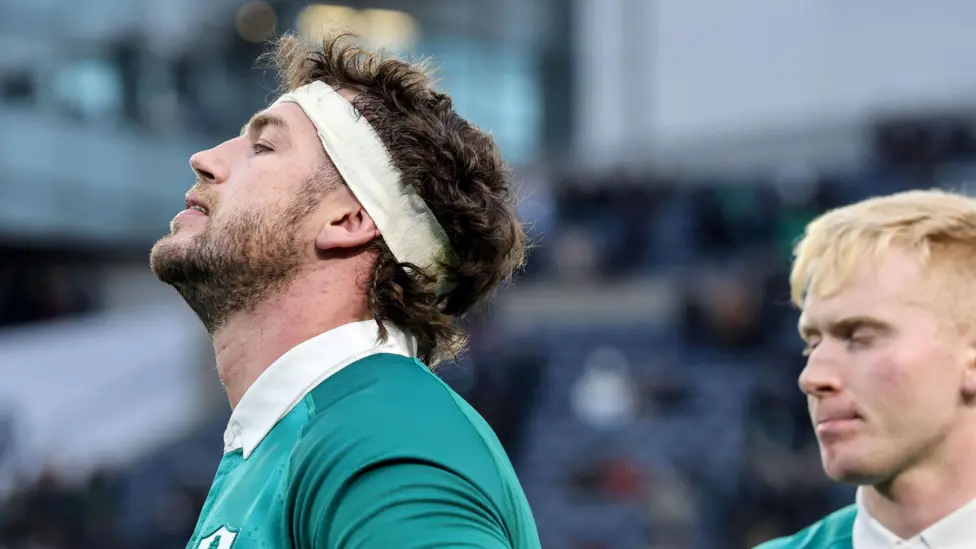
Ireland Face Key Period After Deflating Chicago Return
Farrell’s Men Struggle to Find Spark in All Blacks Rematch
Nine years on from that unforgettable night at Soldier Field when Ireland shocked the rugby world with a 40-29 win over New Zealand, Andy Farrell’s men returned to the same Chicago stage hoping to rekindle that magic. Instead, they found themselves trudging off the field after a sobering 26-13 defeat that offered more questions than answers.
It wasn’t just the scoreline that stung — it was the manner of it. Ireland had control of the game for long stretches, leading 13-7 with 20 minutes to play, but when the All Blacks began to turn the screw, the familiar story unfolded. Mistakes crept in, composure slipped, and what started as a promising evening in front of thousands of travelling Irish fans ended with the same hollow feeling that’s followed them since their World Cup exit in Paris last year.
Memories of Paris, Not Chicago
The parallels between this performance and that painful 2023 World Cup quarter-final defeat were hard to ignore. The sea of green in downtown Chicago on Friday night evoked the energy of Paris two years earlier, when Irish supporters descended on France in record numbers, only to see their team fall agonisingly short.
But where the Stade de France clash was high-octane drama — full of heart, grit, and last-gasp heroics — Saturday’s match lacked that fire. This wasn’t Ireland at their intense best; it was a side short on sharpness, mentally flat in key moments, and unable to sustain pressure when it mattered. Farrell summed it up succinctly: “mental switch-offs” and “a lack of sharpness.”
The Familiar Fade
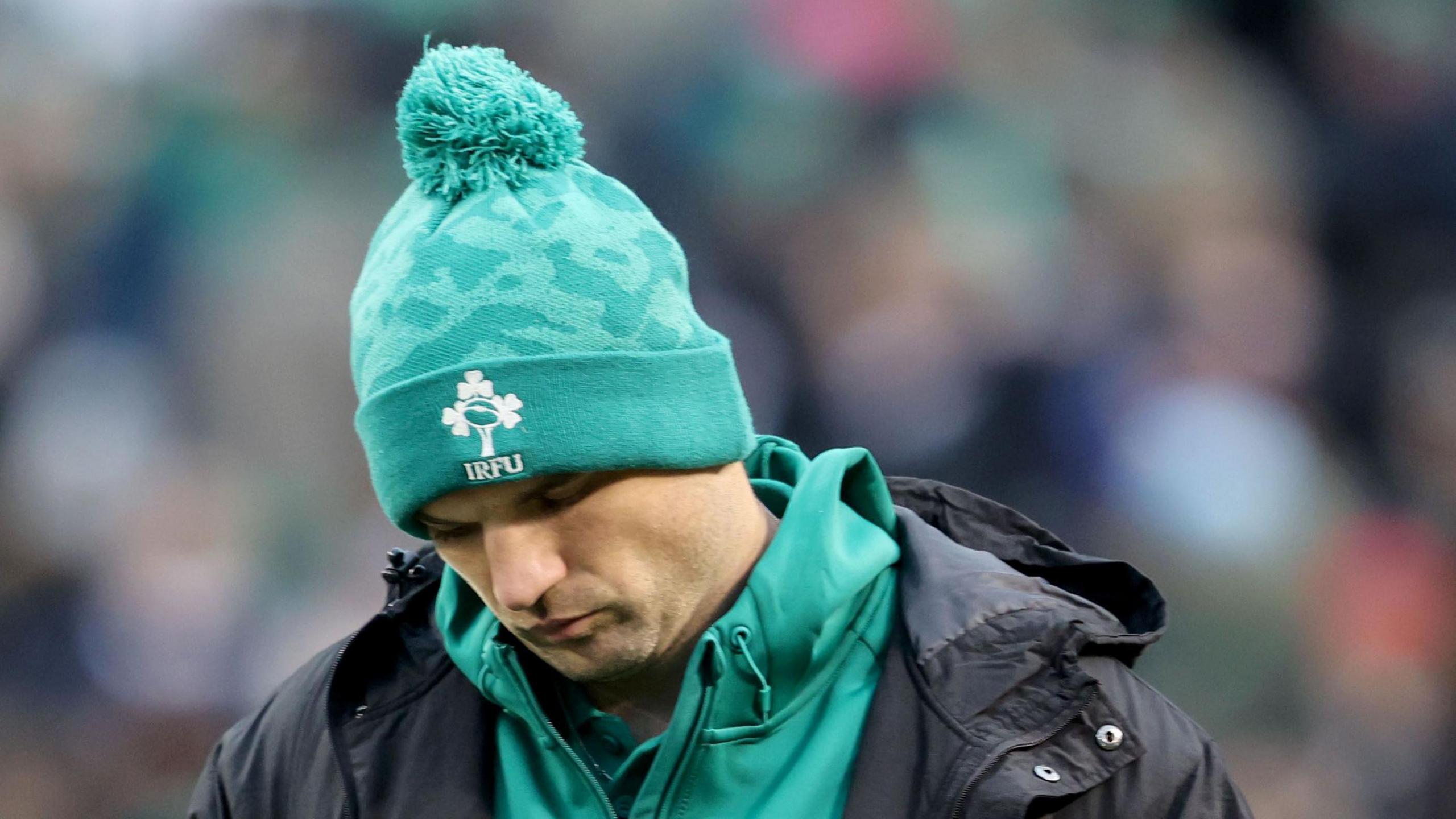
Tadhg Beirne Ireland
This wasn’t a collapse on the same scale as February’s Six Nations loss to France — when Ireland shipped 34 unanswered points in Dublin — but it was another reminder of how far they still are from mastering the elite. Once again, against a top-five side, they found themselves on top for most of the game but unable to close it out.
They had started brightly, even after Tadhg Beirne’s controversial red card left them a man down. Jack Crowley’s penalty and a rare try from Tadhg Furlong gave Ireland a 10-0 lead that briefly silenced the black jerseys. Yet as the minutes ticked by, the old issues — the creaky lineout, the missed tackles, the inability to win the breakdown battle — resurfaced.
The All Blacks, ruthless as ever, pounced. Three tries in 15 minutes flipped the game on its head. Ireland had no answer.
Farrell Faces a Defining Few Weeks
Farrell’s calm, composed demeanour rarely cracks, but in the dimly lit press room beneath Soldier Field, even he seemed worn. His side had looked tired, both mentally and physically. The criticism he faced post-World Cup about an “ageing” squad, already under scrutiny, will only grow louder now.
He knows it. And so do his players.
Next up are Japan, Australia, and South Africa in Dublin — three matches that could define Ireland’s trajectory heading into 2026. It’s not panic stations yet, but this feels like a pivotal point in Farrell’s tenure. The team needs fresh energy, new combinations, and a bit of the edge that made them the best in the world not so long ago.
“Farrell Will Change It If He Has To”
Conor Murray, speaking on Ireland Rugby Social, summed up the mindset of his old coach perfectly. “Andy trusts his players because he’s watching them 24/7,” said the former scrum-half. “But if he feels they’re not up to scratch, he’ll make changes. He’s not sentimental. He’ll do what’s right for the environment and for the team.”
Murray, who knows Farrell’s methods inside out, doesn’t believe the coach will make sweeping changes overnight. But with two years until the next World Cup, evolution is necessary. “You look at the age profile of some of the older players — I’ve no issue with their fitness or ability — but by 2027, things will need to have moved forward,” he added.
Missed Opportunities and Flickers of Hope
Despite the result, there were bright spots in Chicago. Stuart McCloskey, a surprise starter at inside centre, made a strong impression in his first outing against the All Blacks before injury forced him off. Ryan Baird, too, looked dynamic and hungry in the back row — a performance that should earn him more minutes this autumn.
And while Beirne’s sending-off left Ireland at a disadvantage, his early work around the park was typically industrious. Crowley, though not flawless, showed composure beyond his years, steering the attack with confidence in tough conditions.
But collectively, it wasn’t enough. The lineout malfunctioned repeatedly, robbing Ireland of attacking momentum, while their defensive structure — usually so well-drilled — wavered under sustained pressure.
The All Blacks March On
New Zealand won’t be losing sleep over the aesthetics of this win. For them, it keeps a northern hemisphere Grand Slam firmly in play — a feat they haven’t achieved since 2010. Their second-half burst was clinical, their bench made a big impact, and in the moments that mattered, they showed the cutting edge that still separates them from most.
Ireland, on the other hand, have some soul-searching to do. This isn’t uncharted territory under Farrell — his side have bounced back from early defeats before — but there’s a growing sense that this cycle needs a jolt of something new.
Lessons From the Past
After their World Cup disappointment last year, Ireland returned to France and dismantled Les Bleus 38-17 to open their Six Nations campaign. They have shown time and again that they can respond to adversity. Losses to South Africa and the All Blacks in recent years have often been followed by impressive reaction wins.
But the difference this time is tone. Saturday’s loss didn’t feel like a blip — it felt like a warning. The energy, the cohesion, the relentless tempo that defined Ireland at their peak just wasn’t there.
Farrell will almost certainly rotate for the Japan Test next weekend, especially given the travel schedule. Expect a “freshened-up” line-up, as Murray put it, but not wholesale changes. “You don’t just throw people out for the sake of it,” he said. “Playing for Ireland is serious business. Andy will have a well-thought-out plan.”
A Pivotal Stretch Ahead
As the squad makes the long journey back from Chicago, the next three weeks could shape the tone of Ireland’s next World Cup cycle. The challenge is as mental as it is tactical. Farrell’s men need to rediscover their bite — the confidence and ruthlessness that once made them feared.
Chicago was supposed to be a celebration of how far they’d come since 2016. Instead, it was a reminder that in elite rugby, standing still is just another way of going backwards.
Ireland’s road back to the top starts now — and how they respond to this deflating return will reveal whether that 2016 night in Soldier Field was a glorious one-off or the foundation of something greater still.





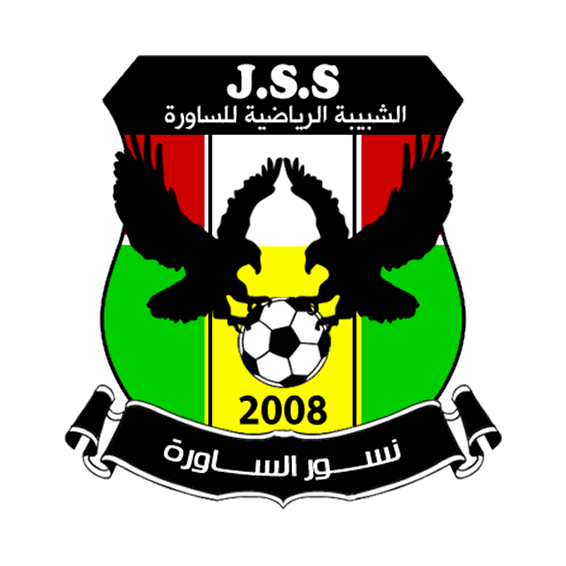

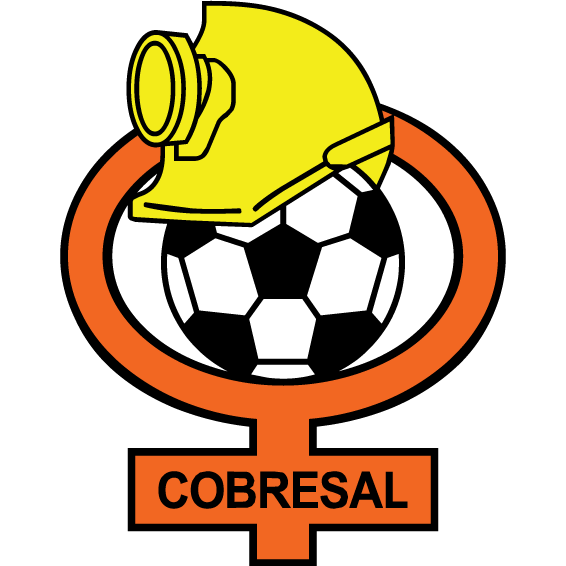







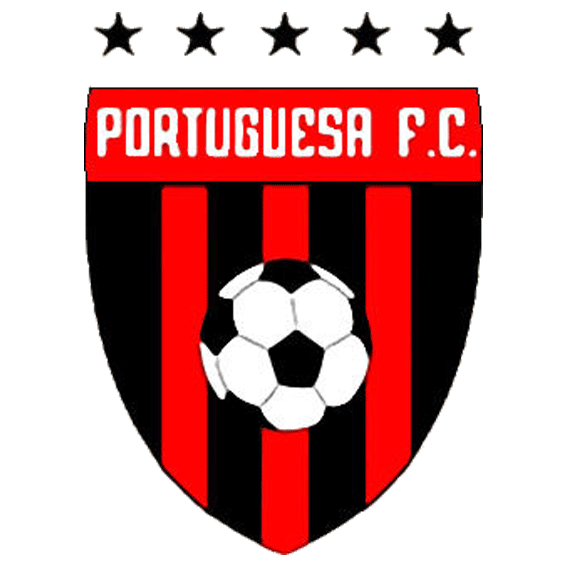




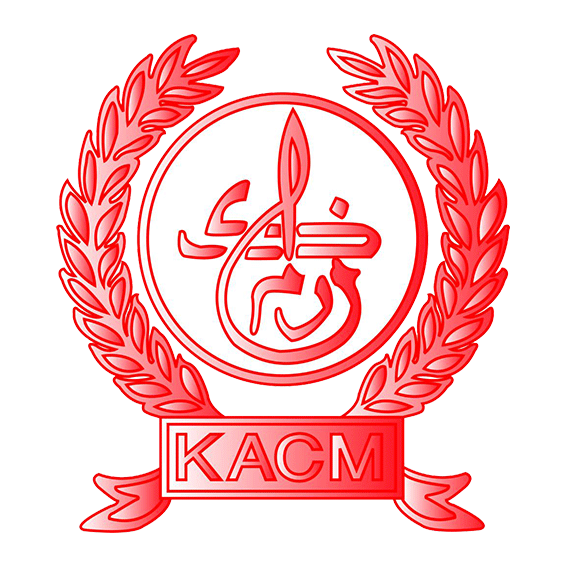






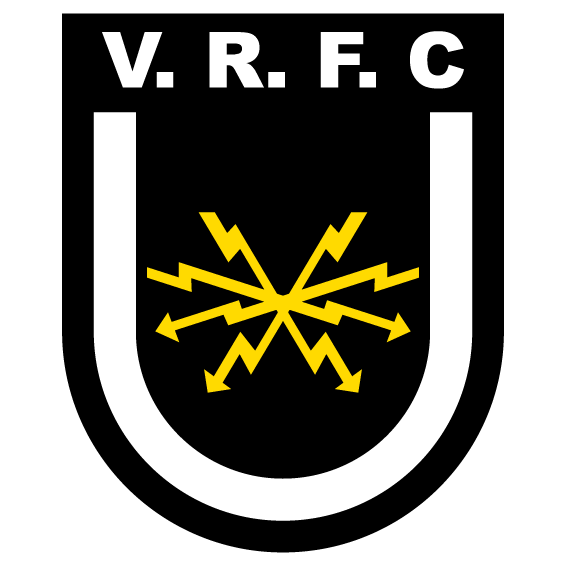

















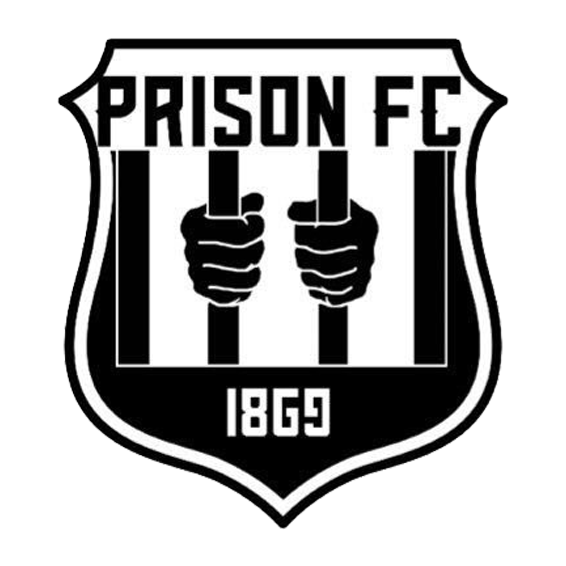


























There are no comments yet. Be the first to comment!